South East Coast Ambulance Service missing target times
- Published
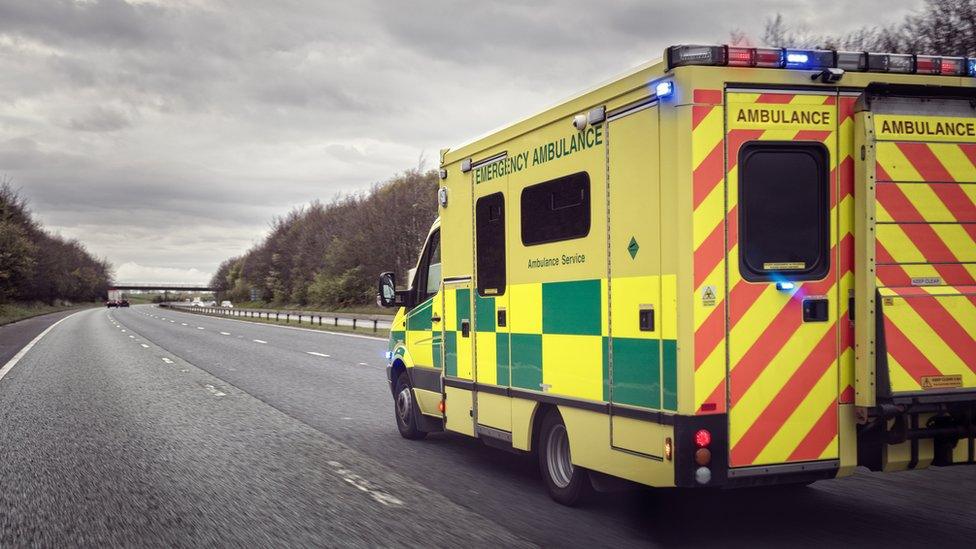
Secamb went into special measures in September 2016, when it was rated inadequate
An ambulance trust that has been in special measures for more than a year is consistently failing to meet the national target for 999 call-outs.
Last month, South East Coast Ambulance Service (Secamb) reached 50.8% of red one calls and 39.9% of the less serious red two calls within eight minutes.
The national target is 75%, external, and chief executive Daren Mochrie called the figures "extremely disappointing".
MP Peter Kyle said it was "the worst performance ever recorded in the UK".
The Labour MP for Hove and Portslade said he would be calling for a meeting with the trust and the regulator, NHS Improvement.
Allow X content?
This article contains content provided by X. We ask for your permission before anything is loaded, as they may be using cookies and other technologies. You may want to read X’s cookie policy, external and privacy policy, external before accepting. To view this content choose ‘accept and continue’.
The September figure for red one call-outs was significantly lower than the previous two months, with 59.4% for August and 57.5% for July.
The trust's figures also revealed that only 48.6% of 999 calls made last month were answered within five seconds.
Live: More news from across the South East
Secamb - which covers Kent, Surrey, Sussex and North East Hampshire - went into special measures in September 2016 when it was rated inadequate for patient safety by the Care Quality Commission (CQC).
Earlier this month, the CQC published a report which said the service had failed to improve sufficiently.
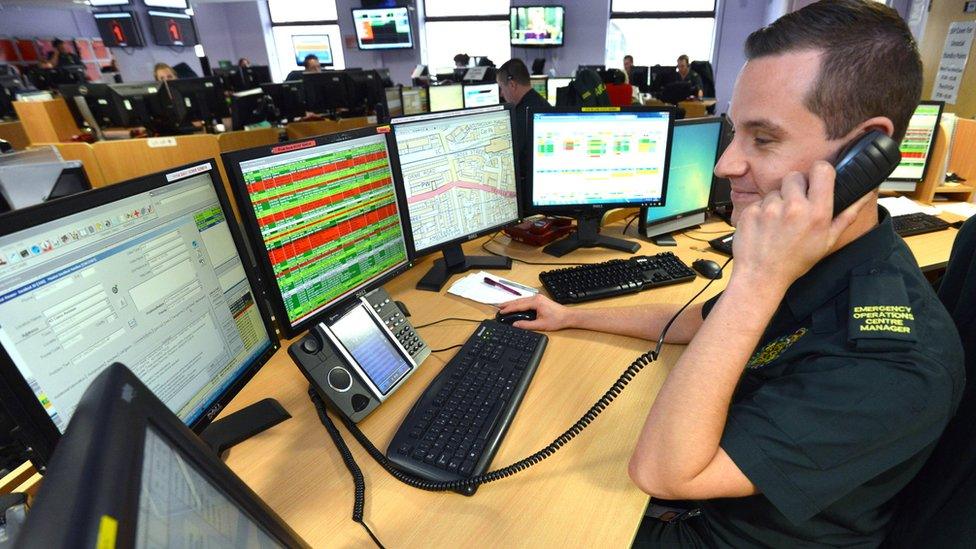
The trust said only 48.6% of 999 calls made last month were answered within five seconds
An independent review in August also exposed a culture of bullying and harassment with concerns over "toxic" atmospheres, sexual grooming and a fear of speaking out.
In a statement, a spokesman for the trust said: "We recognise that, along with other ambulance trusts nationally, we are not meeting response time targets.
"We also recognise that in recent months our performance has continued to be lower than we would like."
The trust said these were due to a number of factors, including staffing and additional training within its emergency operations centres, and delays at hospitals.
- Published5 October 2017
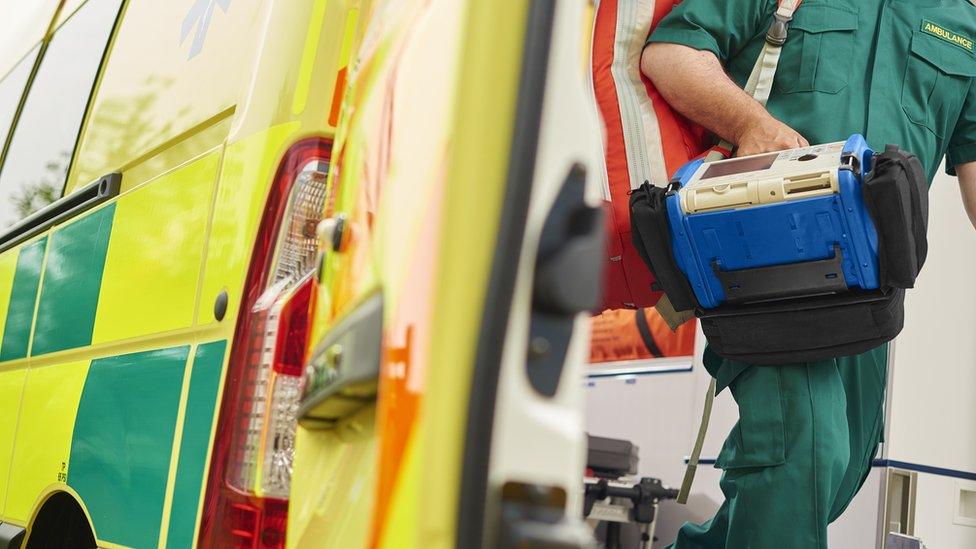
- Published4 August 2017
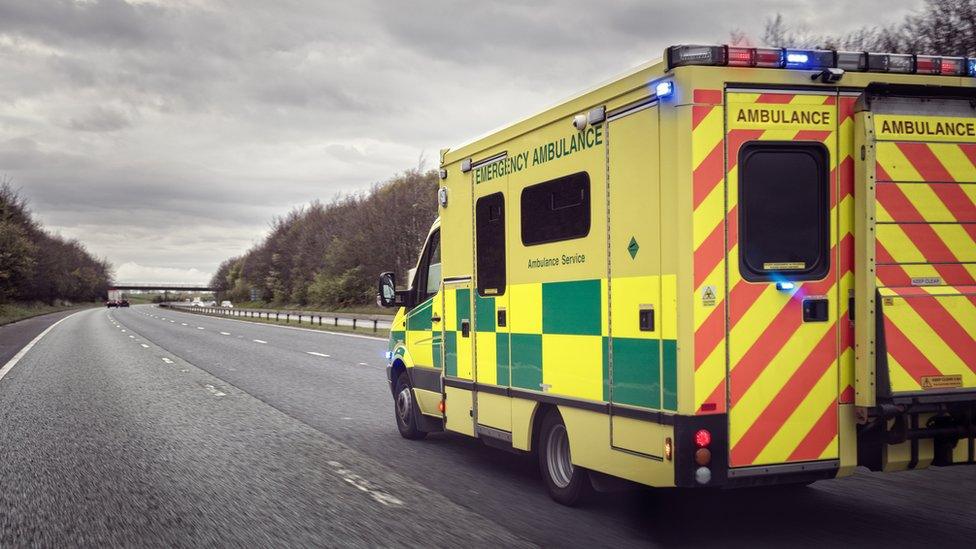
- Published15 February 2017
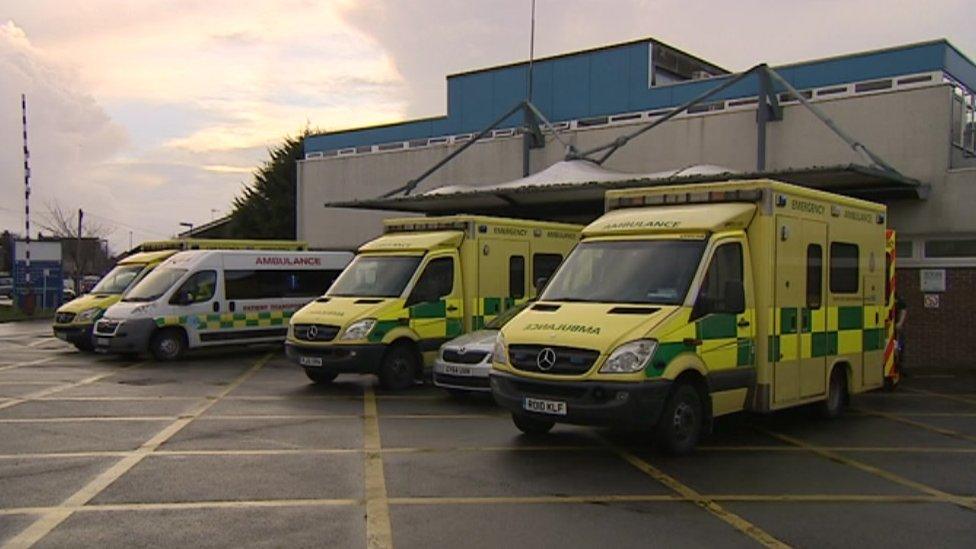
- Published14 February 2017
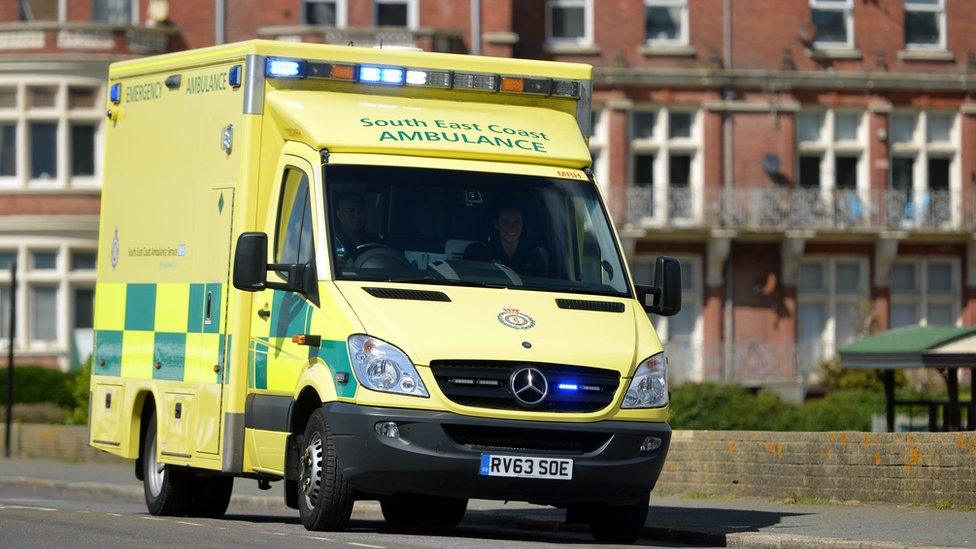
- Published11 May 2017
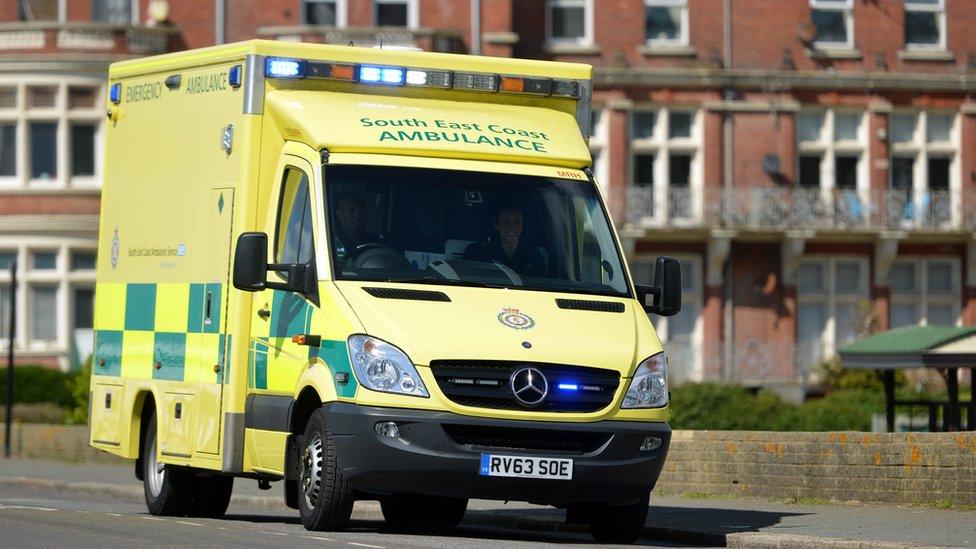
- Published29 September 2016

- Published11 August 2016
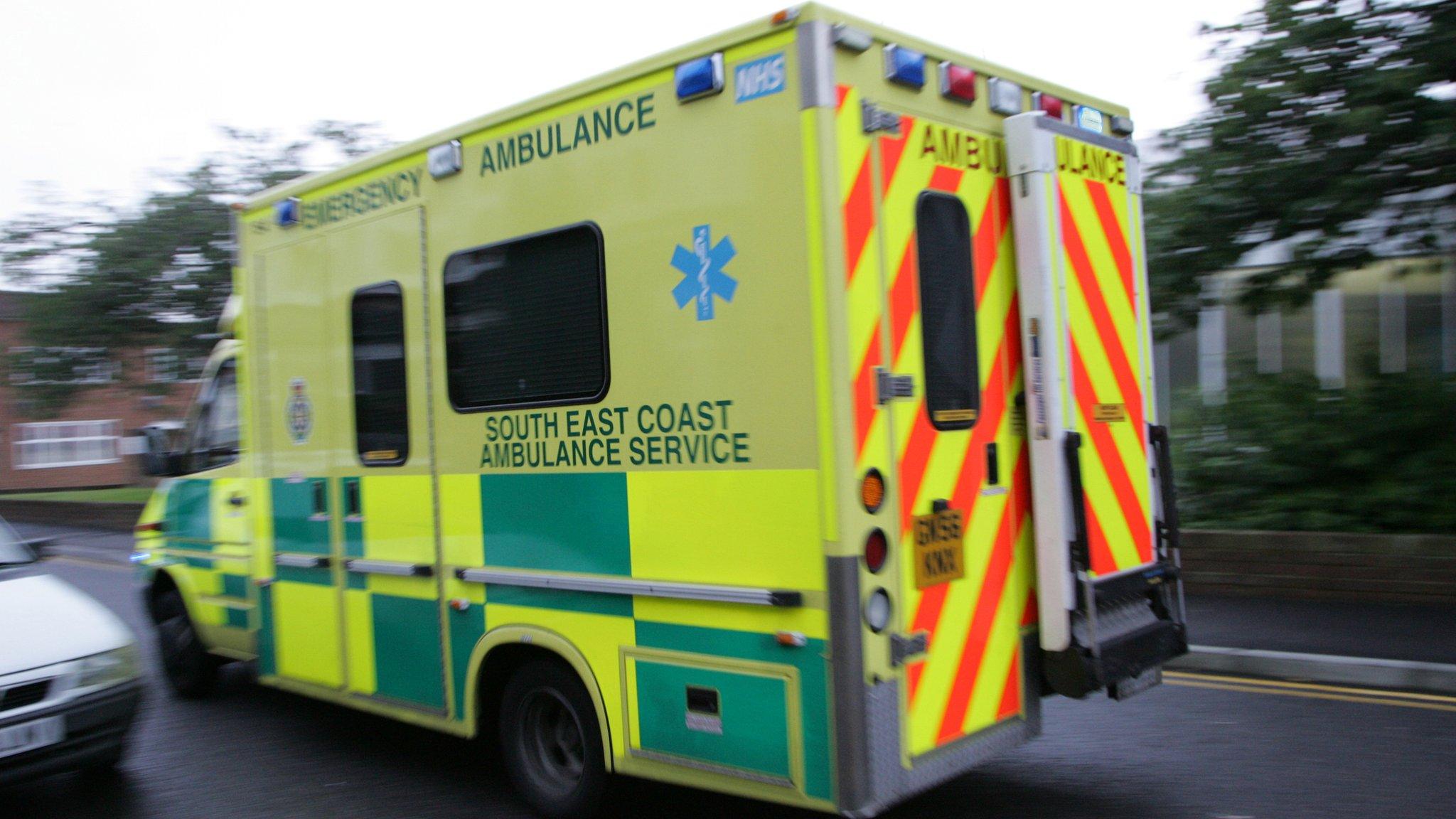
- Published15 March 2016
